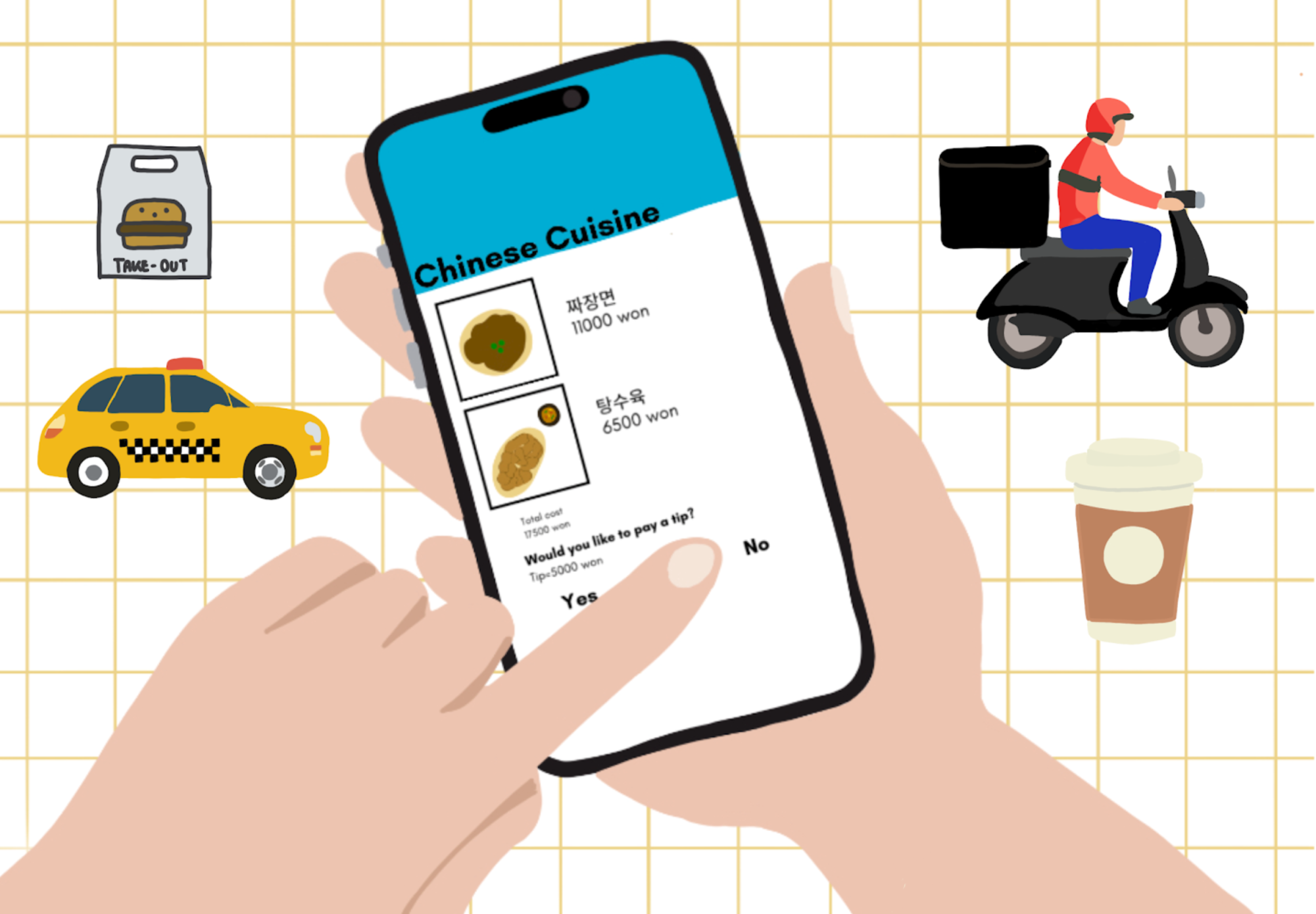
After a typical taxi ride, passengers face an uncomfortable decision: whether to pay additional charges or not. Recently, Western tipping culture made its way into Korea and gained momentum with the introduction of a bonus option for drivers on Kakao Taxi. But the trend doesn’t stop here, as restaurant owners now brazenly demand extra commissions.
This transformation faced excessive criticism from the public. As a recent Open Survey indicates, 71.7% of 1,000 respondents condemn the cultural shift. Burdened by the bonus charges, citizens petition to return to the good old days. According to the Korea Herald, individuals expressed disappointment in the government in public addresses with comments such as, “Isn’t receiving tips a form of tax evasion?” or “Now, in addition to delivery fees and takeout fees, we are expected to tip as well?”
DIS math teacher Ms. Wang expressed her opinion on how tips should be an individual’s choice, not requested or indirectly demanded by retailers. “In South Korea, tips are not mandatory. I think Kakao Taxi’s new decision indirectly pressures one to tip, which I felt in America when I went to restaurants. I think individuals should voluntarily choose whether to tip or not without any interference,” she said.
On the other hand, proponents argue for the potential economic growth the surcharges bring to society. They emphasize the improvement in workers’ rights and the quality of service. Questions arise against these claims on the necessity of tips in a country with a stable economy, robust labor laws, and a comprehensive social welfare system.
While advocates of tips often turn towards the U.S. as a successful example, these circumstances don’t apply locally. Unlike in Western society where additional payment plays a crucial role for part-time workers who struggle to afford the high cost of living, Koreans receive stable profit and economic opportunities from the government’s various policies and promotions.
The simple example of health programs proves this fact. According to a recent inspection by the Ministry of Employment and Labor, South Korea secured 3rd place in the “Health systems ranking of countries worldwide in 2023, by health index score.” Unlike the States, South Korea rarely demands astonishingly high prices for basic needs.
Furthermore, the demand for tokens of appreciation in return for already paid services places a financial burden on customers. From an economic standpoint, tips transform quality service from a basic standard to a paid service which worsens the consumer-employee relationship. Non-tippers receive poorer quality of service compared to their tipping counterparts. The economic pressure to give bonuses, even when unaffordable, harms middle-class citizens and lowers the quality of service for people who don’t give extra dough.
Dr. White, a teacher in DIS, shared more negative views of the tipping culture enforced in South Korea. “I really hated the implicit need to pay tips when I lived in America. Compared to America with tips, South Korea provides a much better service. I’m concerned that the enforcement would turn into the mess we have in America. It could shift the economic culture in our daily lives in a negative way.”
In addition to economic concerns, ethical grounds also enter the spotlight. According to a poll conducted by the STRAITS TIMES, 41% of the respondents believed that the responsibility to reward employees lies with employers, and quality service should derive from professionalism rather than an expectation of gratuity.
Moreover, the emerging practice will exacerbate societal biases such as “lookism,” which judges how individuals should be treated based on their attractiveness. Since South Korea has strong biases regarding physical appearances, tips will cause many ethical questions in the distribution of money to employees.
In the long term, the enforcement of gratuity will create an environment where lower wages are deemed acceptable with the expectation that tips will compensate for them. Wage alone cannot withstand the employer’s need, and this competitive atmosphere fostered by service charges leads to unhealthy workplace dynamics. This poses a threat to the employee’s overall well-being and job satisfaction.
The infiltration of Western-style tips into South Korean service industries remains in progress despite the citizens’ disapproval. A culture of gratitude expressed through simple thank you(s) and smiles, without coercive tipping, should preserve the harmony and equality valued by Koreans.

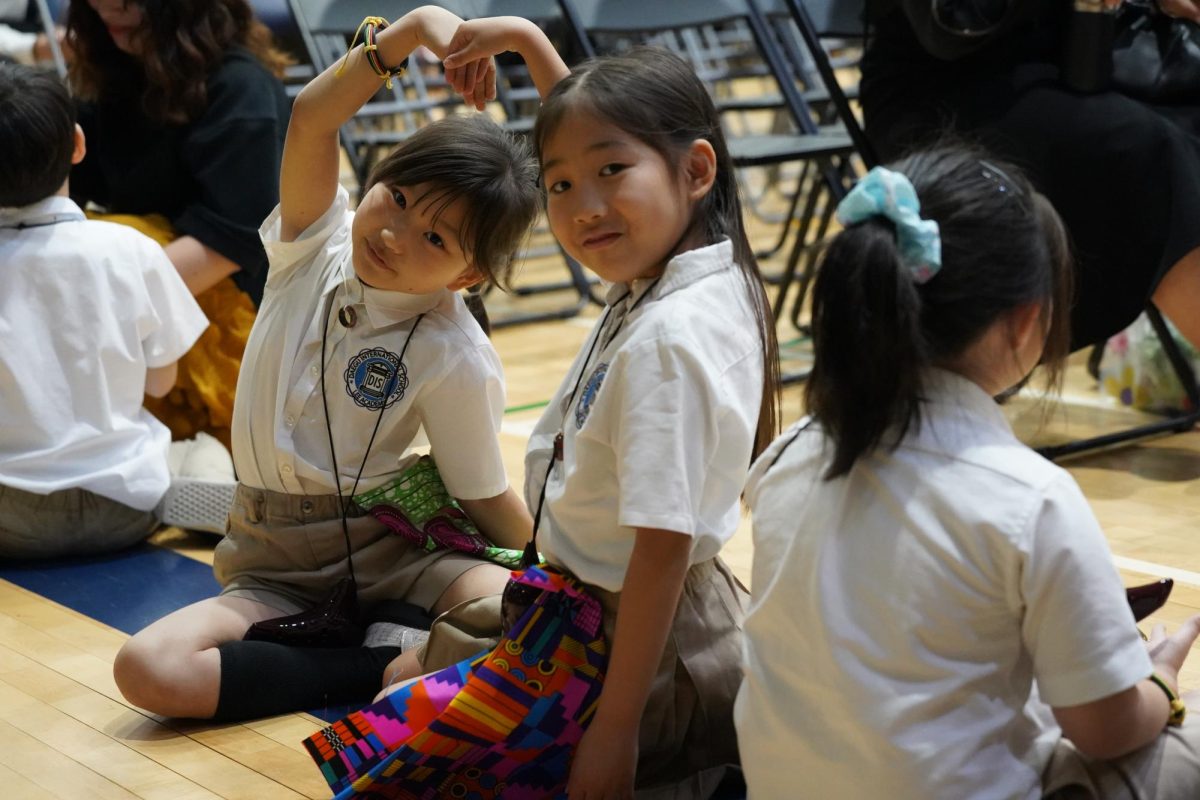



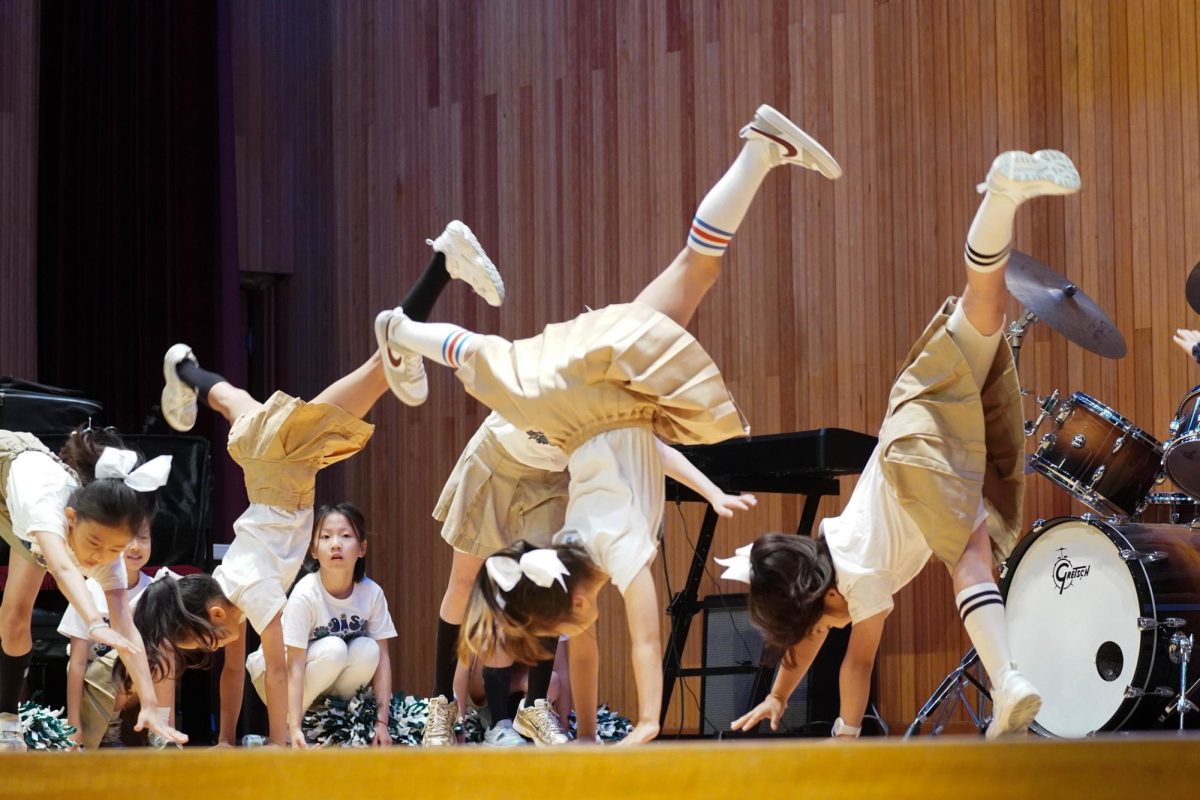



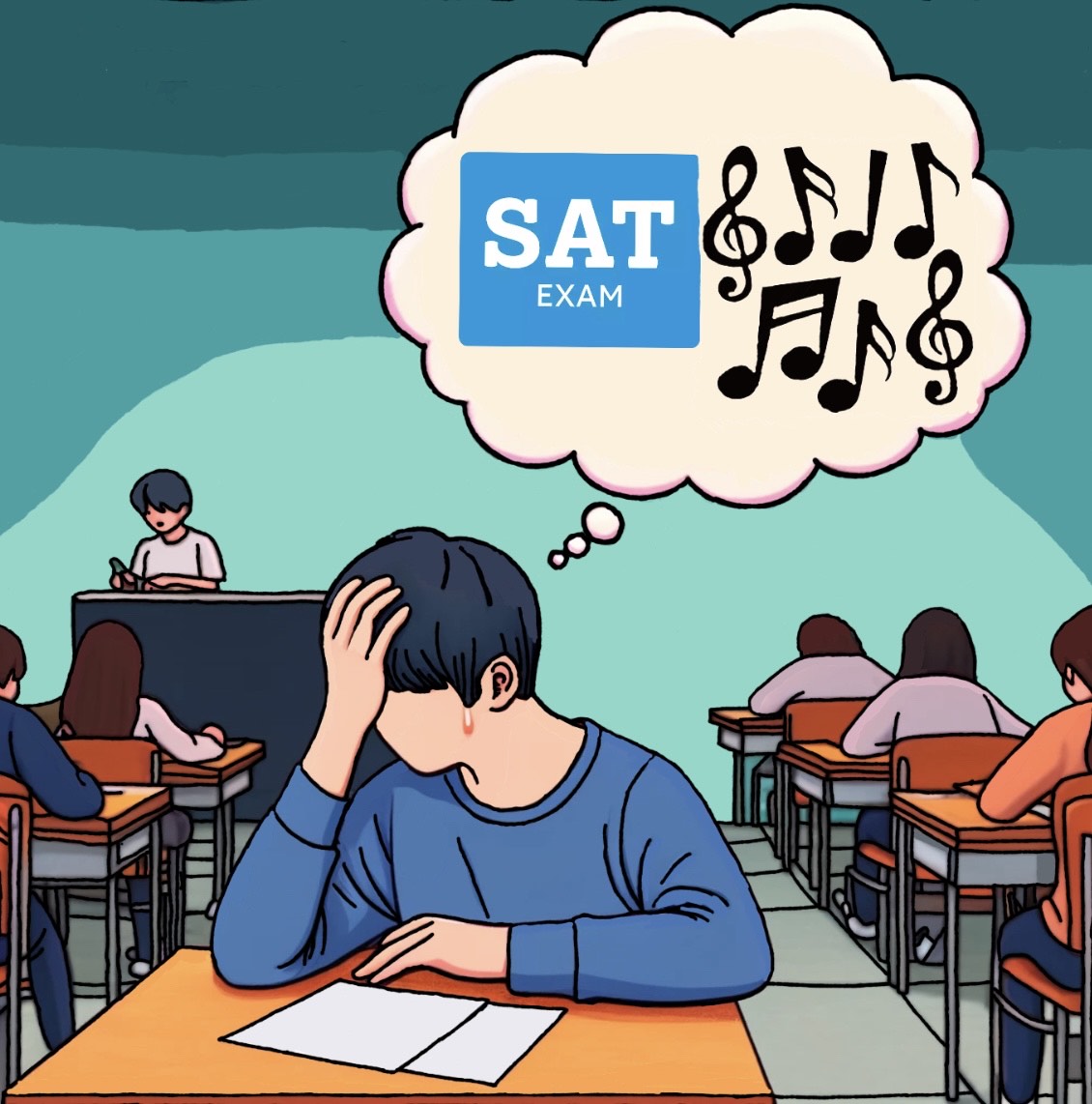
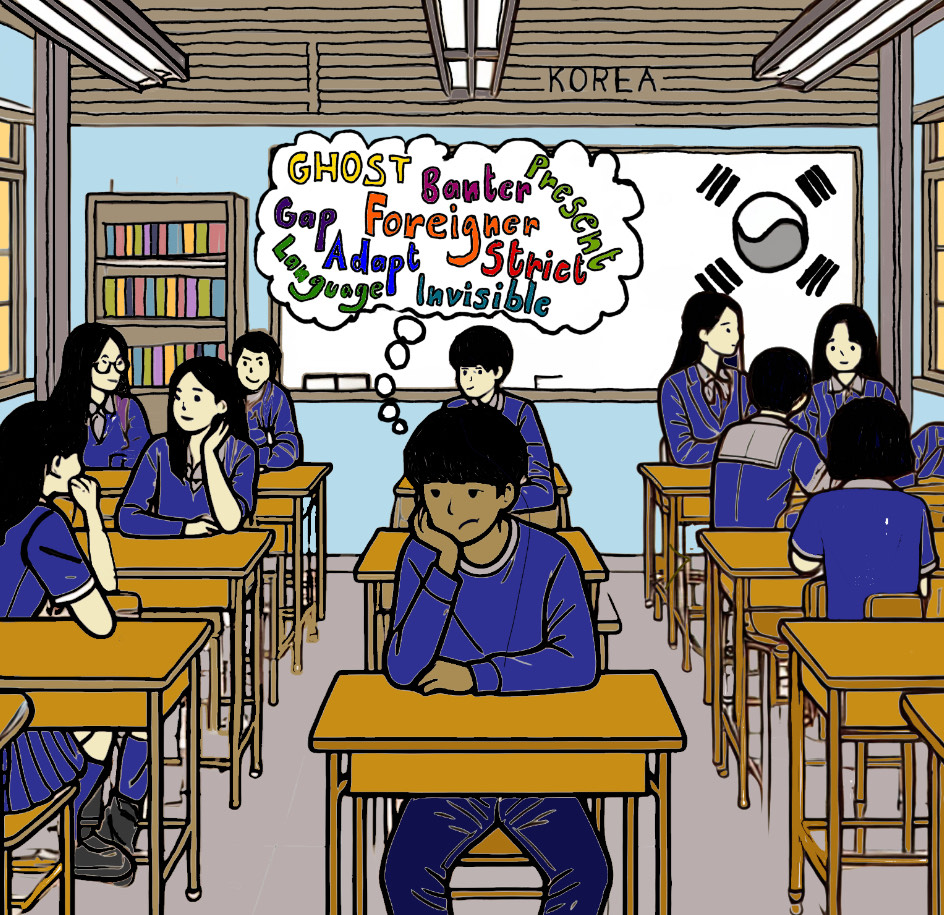










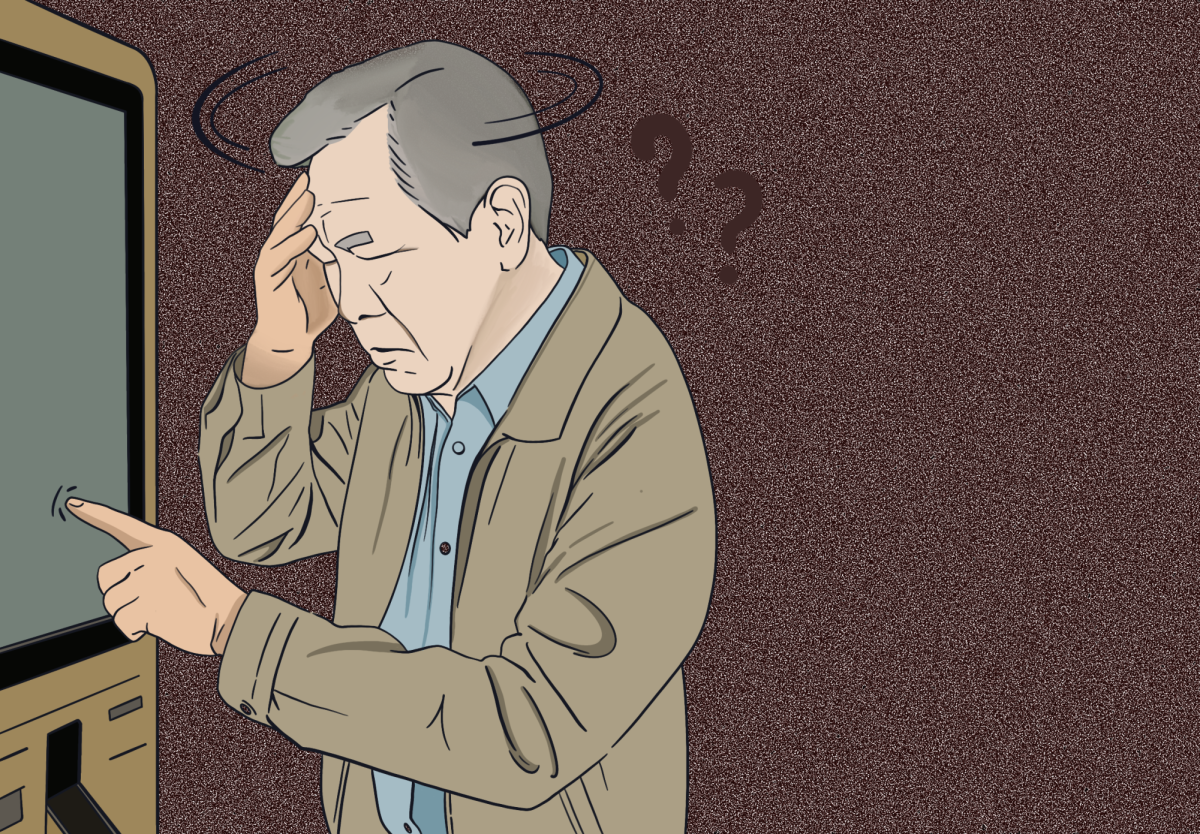

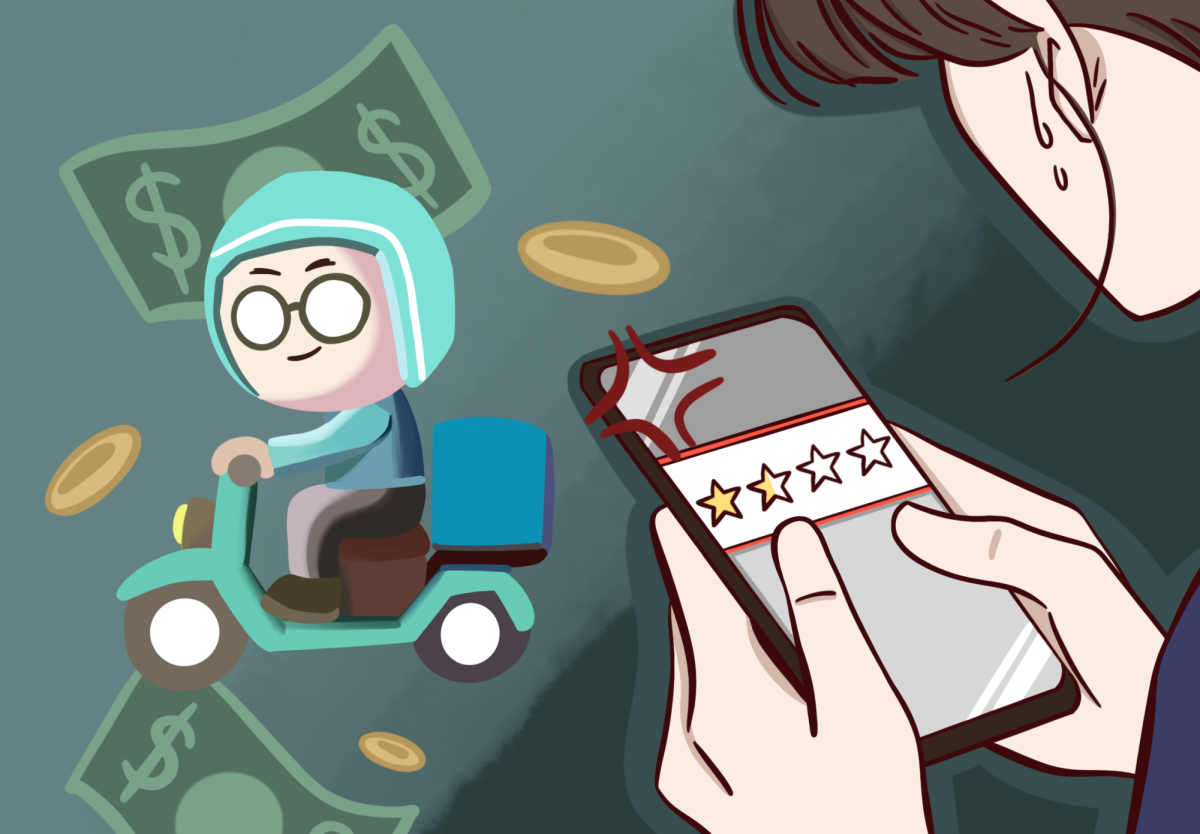
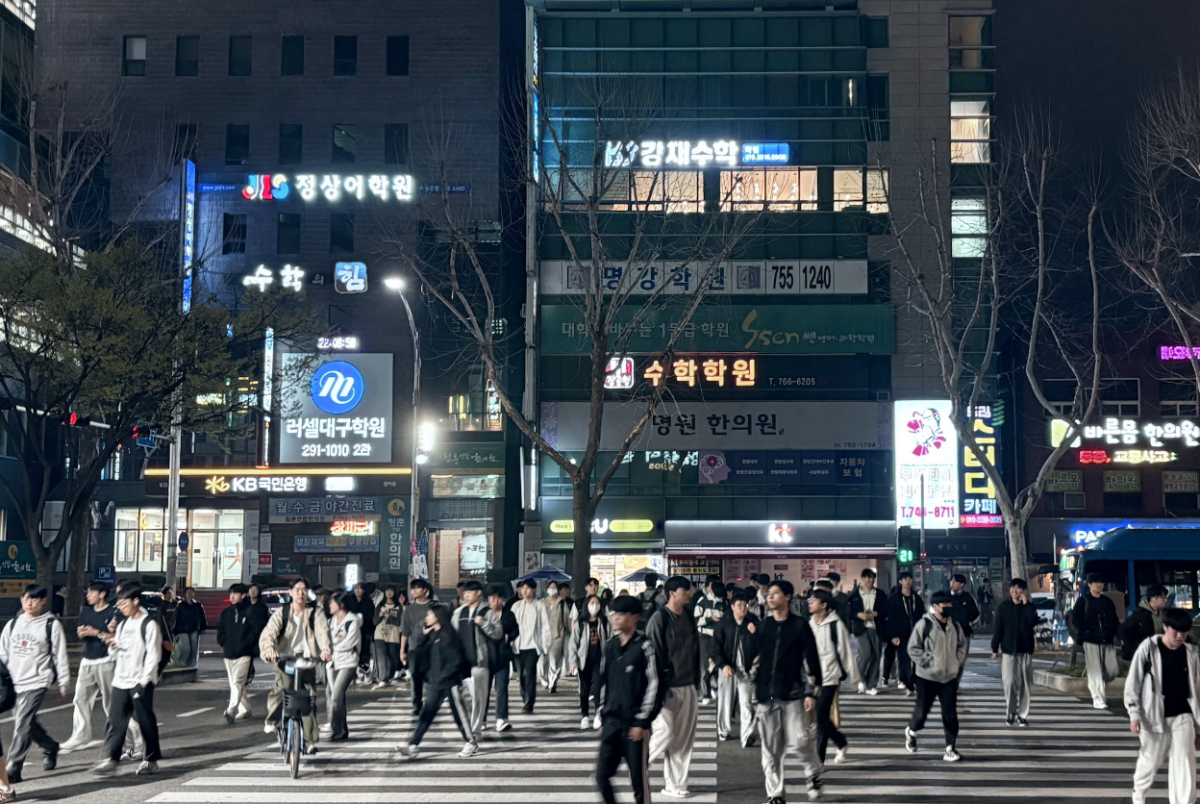



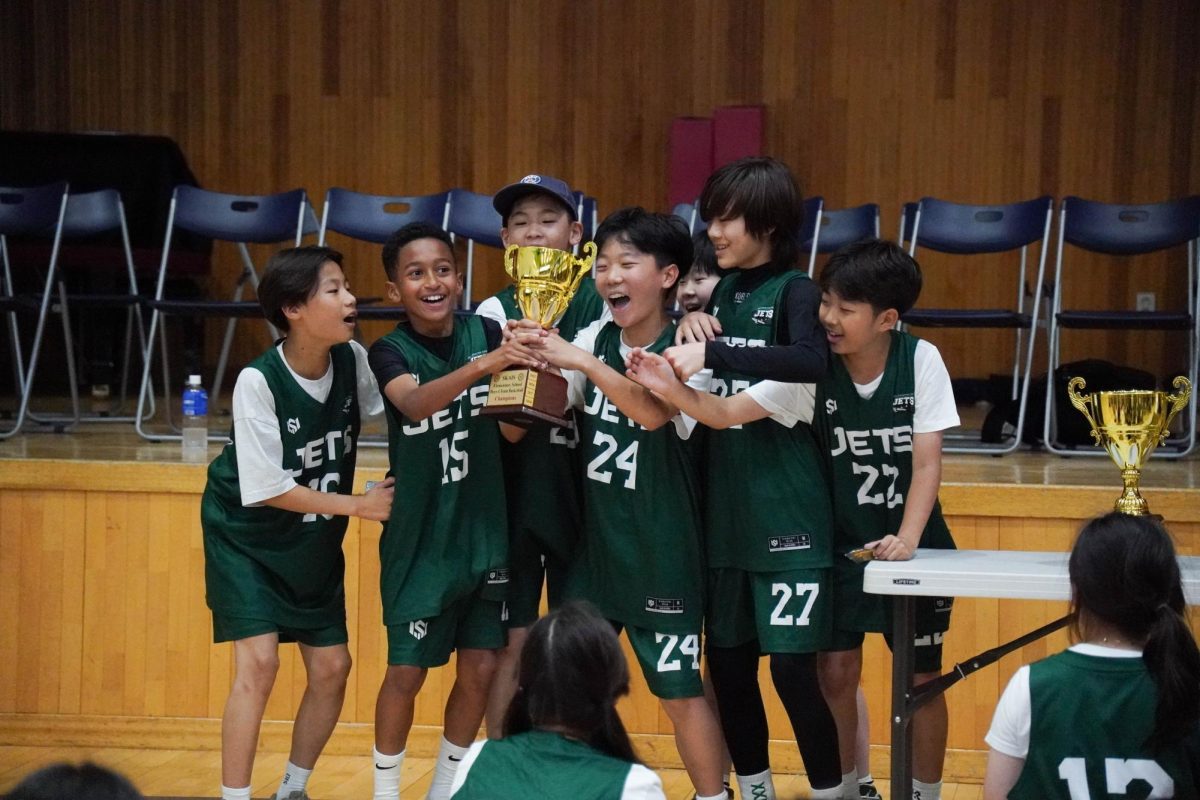








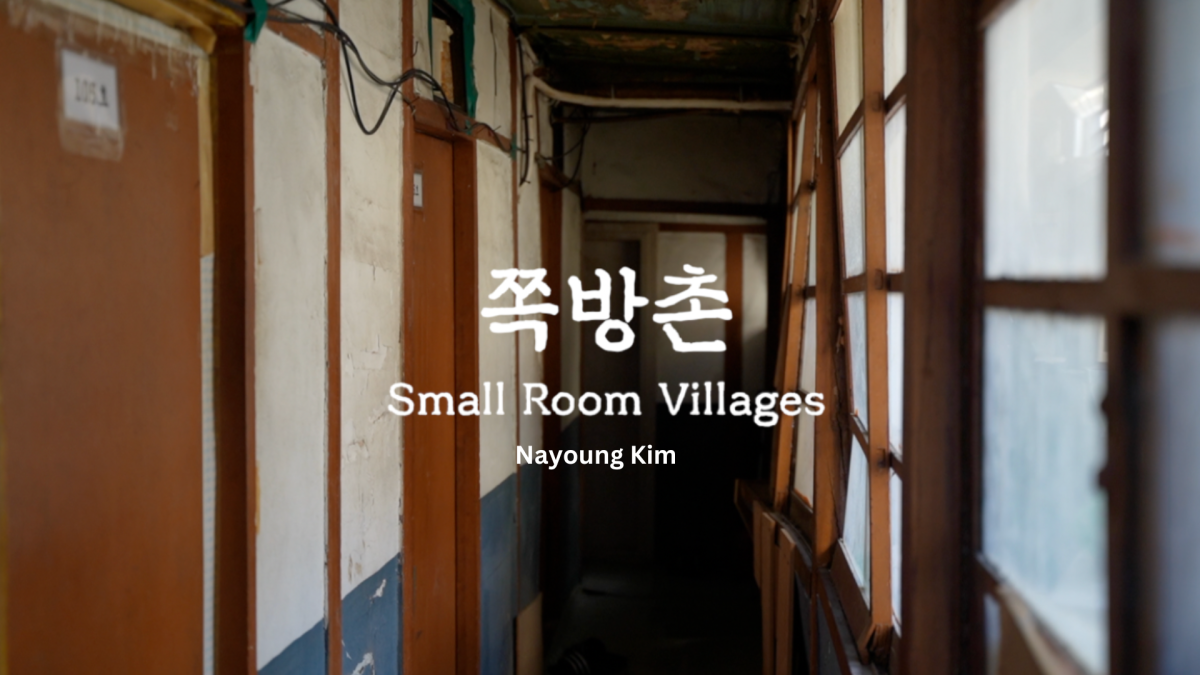




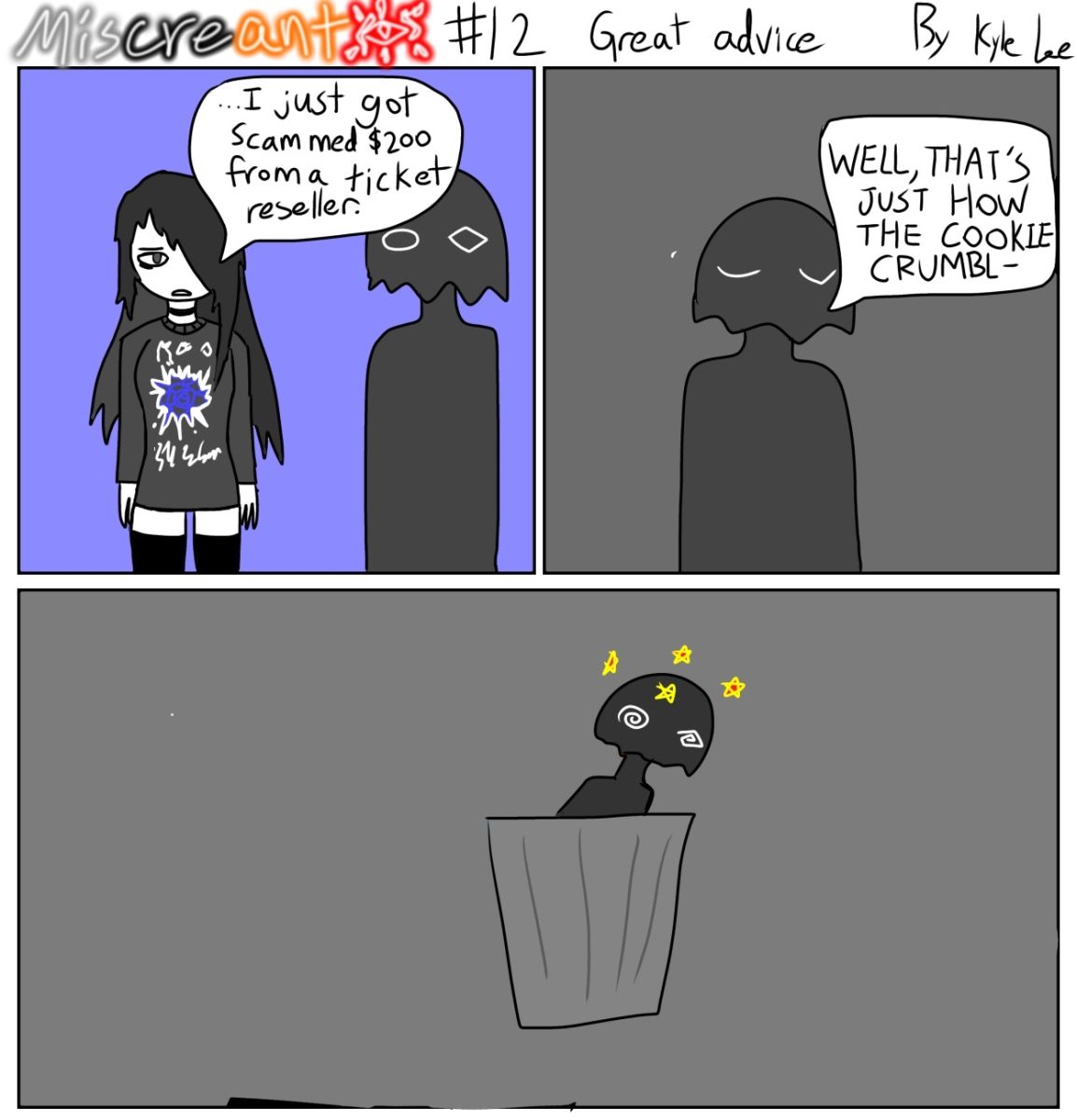
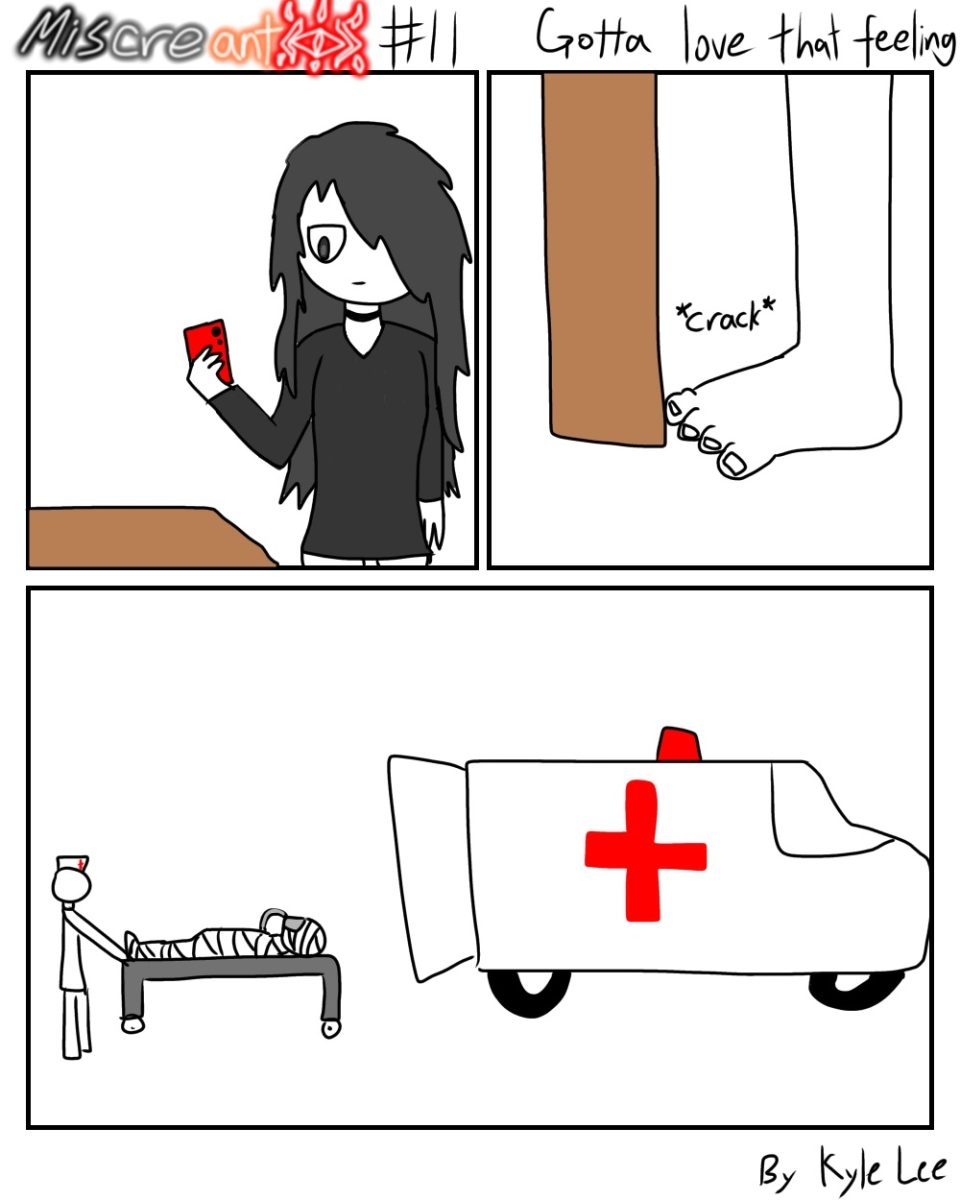




Joseph Beck • Jan 25, 2024 at 6:27 pm
I also agree with all of you guys. Sometimes, my mom was stressed with tipping while trying to order something for us.
Sola • Jan 19, 2024 at 11:55 am
As a student living in the US, I say that the tipping system is plain ridiculous. When I first arrived, I was annoyed with the tip system at first. The percentages got so high but there’s the silent pressure that I have to pay the amount. Once in a market, the tip for the cashier was around 15-20% and I got 1 item. The tipping system is getting frustrating to the point where it forces the individual to pay a ‘standard’ amount. And it saddens me to see that Korea is walking the same way.
Anna Yoon • Jan 18, 2024 at 7:07 pm
I think I can totally relate with Ms.Wang because when I recently saw the tip page after I got off my taxi I actually laughed out loud out of disbelief. When I visited the US last summer, I was quite shocked at first because when I used my card to pay, a tip screen immediately popped up. What was even more surprising was that the lowest tip started at 15% 😮
Sola • Jan 19, 2024 at 11:40 am
I KNOW RIGHT??? I think the highest ‘lowest’ tip started from 20% in a restaurant. It’s just ridiculous to pay such a high amount of tip even for a simple service.
Jio Kim • Jan 18, 2024 at 6:29 pm
I’ve never had to face this issue before and I can’t believe that the tipping culture reached Korea. It was really interesting to listen to this new topic!
Jerome • Jan 16, 2024 at 9:05 pm
What an interesting topic! I have never seen this in Korea yet, but this grabbed my attention.